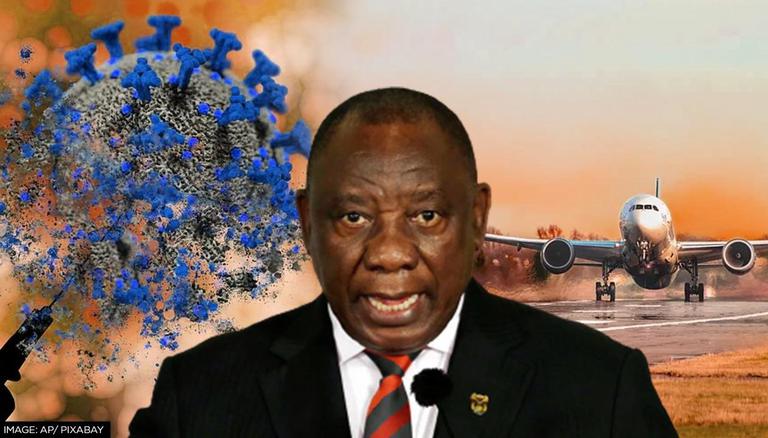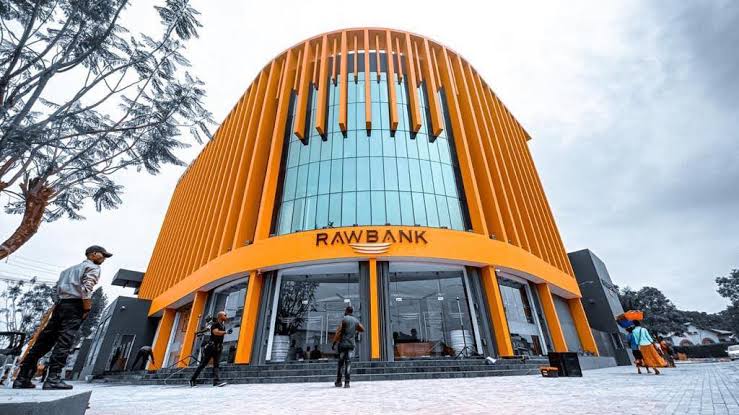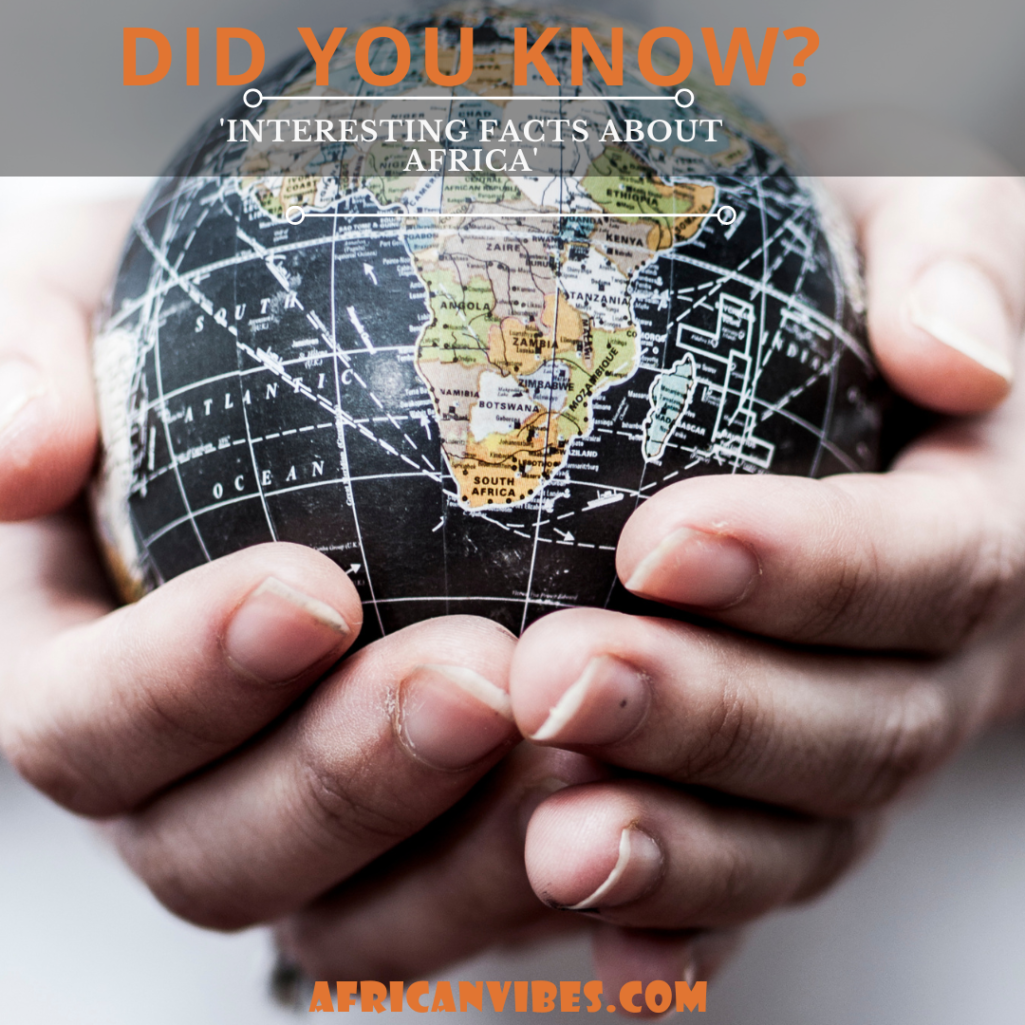Top 10 African Countries By GDP In 2021

Since the inception of the COVID-19 pandemic, many countries continue to struggle with plunging economies. With the recent discovery of the omicron variant, many countries are back to lockdowns and strict restrictions. All of these efforts to fight the pandemic are hurting the economy. Many countries across the world face the risk of economic recession. While some countries barely scaled through, others were not so lucky.
According to the World Bank, Sub-Saharan Africa entered into its first recession in over 25 years. But contrary to expert opinions, many African countries are quickly recovering from the recession. However, poorer countries in the continent still struggle with the economic implication of the coronavirus pandemic. So what does COVID-19 have to do with the richest African countries? It revealed the biggest differentiator between African nations that are quickly recovering and those still waddling in the recession.
This differentiator is the wealth of the nation which is accessed using the Gross Domestic Product or GDP. Wealthier African countries could quickly mobilize the resources to curb the spread and impact of the virus. This includes procuring scarce COVID-19 vaccines and boosting their stockpile. Poorer countries, on the other hand, depended solely on promises and donations from wealthier countries.
In this article, we will talk about the richest African countries and answer questions like why GDP alone isn’t a true measure of a society’s wellbeing. Read on to find out more.
What is GDP and why is it Important?
Gross Domestic Product (GDP) is an economic indicator that is used to measure the wealth of a country. The GDP of a country is the total value of all the goods and services provided in the country within a specific time. Although it is common to measure GDP on a yearly basis, it can also be measured on a quarterly basis. The GDP states at a glance the strength of a country’s economy. But, it doesn’t take into consideration the standard of living in the country nor the inflation rate.
What this means is that while a country may have a very high GDP, the standard of living or wellbeing of its citizens may be very low compared to another country with a lower GDP. However, GDP still remains the most accurate way of knowing how big a country’s economy is based on its market value. Going by this, here are the top 10 richest African countries in 2021.
#10. Angola – $66.49 Billion

Angola has a GDP of $66.49 billion. One-third of this GDP comes from oil exportation, which makes up 90% of Angola’s exports. As of 2020, Angola’s GDP stood at -4% indicating an economic downtrend. This was caused by the plunging oil prices that followed the early onset of the COVID-19 pandemic. However, as things begin to cool off, Angola’s economy has recovered by 7%, going from -4% in 2020 to 3% in 2021 as the global price of oil begins to normalize. Consequently, Angola now sits as the 10th richest African country.
#9. Ivory Coast – $70.99 BIllion

Ivory Coast also known as Cote d’Ivoire is a country in West Africa with a GDP of $70.99 billion dollars. This makes it the 9th richest African country by GDP. Ivory Coast is one of few African nations with consistent economic growth since 2012. However, its annual average economic growth rate dropped from 8% to 1.8% in 2020 as a result of COVID-19. But this quickly recovered to 6.2% in 2021 and experts predict a growth rate of 6.5% by 2022. The major drivers of its economy are agriculture and construction as of 2019, and subsequently, manufacturing, services, and exports.
#8. Ghana – $74.26 Billion

In 2019, Ghana had the fastest-growing economy in the world. As one of West Africa’s oil-producing countries, the 2019 rise in oil prices boosted Ghana’s economy significantly. But oil alone isn’t the only source of Ghana’s wealth. Ghana equally exports cocoa and gold of which it is the world’s largest producer of cocoa. But this rapidly growing economy was stopped on its tracks by COVID-19. Ghana’s GDP fell from 6.5% in 2019 to 1.7 % in 2020. Unfortunately, experts predict a slow rate of recovery back to 4% in 2021.
#7. Ethiopia – $93.97 Billion

The 7th richest African country in 2021 is Ethiopia, with a GDP of $93.97 billion. Ethiopia like Ghana has been curated by the IMF as one of the fastest-growing economies in the world. Ethiopia’s GDP shrunk from 8.4% in 2019 to 6.1% in 2020. This is quite impressive when compared to other African countries with a 5 to 6% drop in their GDP. The resilience of Ethiopia’s economy is mostly attributed to the industry and services sectors of its economy.
#6. Kenya – $106.04 Billion

Kenya had an average GDP growth rate of 5.7% between 2015 – 2019. The impact of the coronavirus pandemic on key sectors in its economy resulted in the contraction of Kenya’s GDP growth rate to 0.3%. Among the sectors most affected is its manufacturing and services industry. While Agriculture became the major contributor to its GDP. Kenya’s economy is expected to partially recover this year and experts predict a growth rate of about 4.5% and above 5% by 2022.
#5. Morocco – $124 Billion

Morocco’s GDP growth rate is predicted to hit 5.3% this year. This is a good rebound from its economic recession in 2020, a first in two decades. During which time, Morocco’s GDP growth rate declined by -5.9%. Agriculture continues to lead Morocco’s economic recovery. The services sector which makes up more than half of Morocco’s GDP is yet to recover from the impact of the pandemic. The economic forecast shows Morocco’s economy should return to its pre-pandemic level by 2022. With the omicron variant now leading a new wave of infection, that forecast is under doubt.
#4. Algeria – $151.46 Billion

The third runner-up on the list of richest African countries is Algeria. Algeria’s economy is heavily dependent on crude exports. Like many other oil-producing countries in Africa, Algeria enjoyed years of boom in the price of oil. As expected, the dwindling price of oil that preceded the outbreak of the COVID-19 pandemic resulted in a decline in its GDP by 5.5%. However, there is a glimmer of hope as the economic forecast shows a recovery of about 3.4% in real GDP by 2021.
#3. South Africa – $329.53 Billion

South Africa’s economy is considered the most industrialized and technologically advanced economy in Africa. As of 2017, the services sector was the highest contributor to South Africa’s GDP, followed by industry and agriculture. The country’s slow economic growth in recent years was made worst in 2020 following the COVID-9 outbreak. Its GDP fell by 7%, making it the highest we have seen so far among the top 10 richest African countries. Things don’t seem so good for South Africa after the outbreak of a new strain of the COVID-19 virus.
#2. Egypt – $394.28 Billion

Most emerging economies in Africa entered into recession in 202o. However, Egypt’s economy proved a hard nut to crack for the ravaging virus. Despite slow growth, Egypt’s GDP remained positive at 3.6% in 2020. Falling by just about 2% from its previous position of 5.6% in 2019. But the downward trail is expected to continue for most of 2021. This is because tourism which accounts for about 5.5% of Egypt’s GDP is yet to recover from the impact of the pandemic. Experts predict a weak outlook for the Egyptian tourism sector. For now, Egypt still holds the number two position amongst the richest African countries with a GDP of more than $300 billion.
#1. Nigeria – $514.06

Standing in the first place is Nigeria with a GDP of $514.06 billion. Nigeria’s economy is heavily backed by oil which accounts for about 80% of its exports. Because of this, the dip in oil prices following the COVID-19 outbreak had a huge impact on its economy, resulting in one of the worst recessions the country has seen in two decades. However, the government took appropriate measures to counter the economic shock and the recovering oil price is helping to reposition the country as the biggest economy in Africa.
Conclusion
While the Gross Domestic Product is used when taking a holistic view of a country’s economic performance, it doesn’t say much about the living standard or wellbeing of the citizens. To do this, another economic indicator is used and this is called GDP per capita or GDP per person. The GDP per capita is calculated by dividing the GDP of the country by its population. Using the GDP per capita, Nigeria and many of the “richest African countries” fail to make it to the top 10.
The list of African richest countries by GDP per capita is quite different with smaller countries like Seychelles, Mauritius, and Equatorial Guinea in first, second, and third places respectively. Finally, looking at the stats, it is relieving to see African countries have a positive economic outlook. So what are your thoughts on this? Kindly share them in the comment section below.







Responses